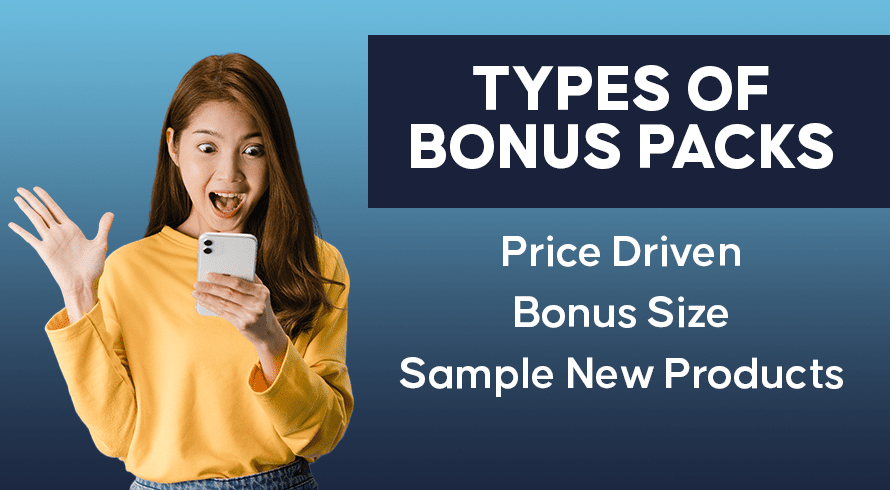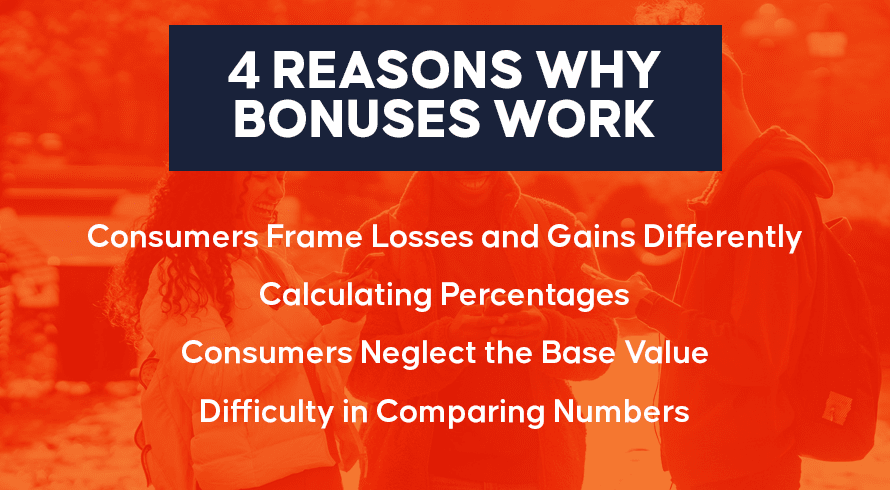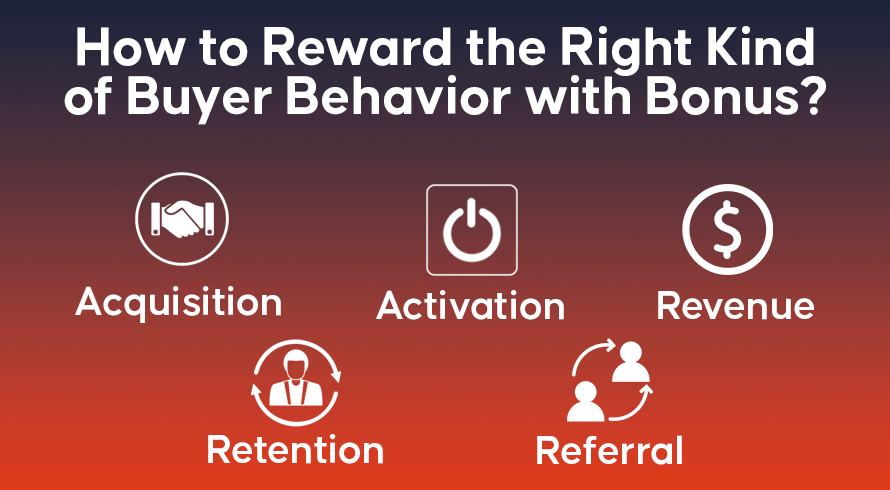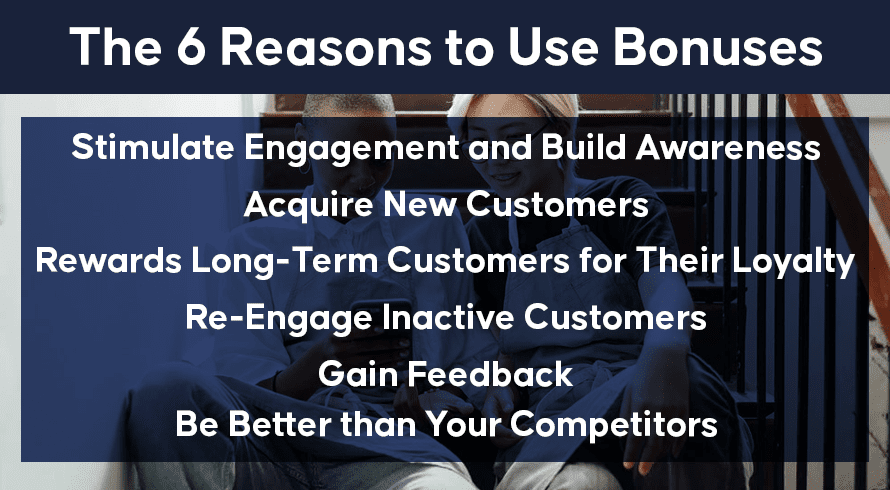Inquivix HQ
1-903, 18 Eonju-ro 146-gil,
Gangnam-gu, Seoul, Korea
06057
The effectiveness of a marketing campaign is often judged by the measurable effects it has on the target audience. These effects are typically quantified in terms of bonuses, awareness, interest, purchase intent, or action is taken. Understanding these key components will help you create better campaigns that have a positive impact on your buyer’s behavior.

The first step to designing a successful marketing campaign is an accurate understanding of your intended audience. So who are they? Where do they hang out online and offline? What social groups or affiliations does your target consumer have? How can you reach them where they already spend their time so that your brand message is delivered at the appropriate moment in their journey to becoming a customer?
Using different methods to influence consumer buying behavior is not a new concept in marketing. Out of the many techniques used by marketers, this article talks about bonuses and their impact on consumer behavior.
What Is a Bonus?
A bonus is defined as “something given or obtained gratuitously or by way of good measure.” In business, bonuses are often offered to consumers in exchange for their attention and viewership. Marketers offer bonuses such as an ebook, a recipe guide, free access to paid content (such as webinars), or even early access to your product in order to incentivize your target audience. These bonuses can be offered as part of a free trial, as an added bonus with the sale of another product, or as a standalone offer.
Types of Bonus Packs
Marketers are constantly looking for new ways to hook the attention of their target consumers. New products are regularly introduced that are designed to keep more of their target audience engaged.
Price Driven
Typically marketers will create bonuses that are directly correlated with the price of the product they are trying to sell. For example, if you are selling a new exercise program, you may include workout towels or headphones with your product to increase the price point.
Bonus Size
In an effort to increase their revenue per sale, marketers may also look for ways to create a larger bonus pack. For example, if you were selling a new skincare line, you might consider bundling together a healing cream, an ointment for dark circles under the eyes, and face oil to assist with acne breakouts.

Sample New Products
In order to market a new product, a company may choose to include a sampler pack within their existing product set. For example, if you were introducing a new protein powder, you might consider including samples of protein bars or even recipes for smoothies.
4 Reasons Why Bonuses Work
Bonuses work because they provide an additional benefit to consumers. This helps drive brand loyalty and always leaves the consumer with a positive association with your company, which will lead them to share their experience with others. So what are these four reasons why bonuses work?

Consumers Frame Losses and Gains Differently
When we weigh up our options we tend to place more value on that which is framed in terms of potential loss than in terms of potential gain. This is known as the Weber-Fechner Law, and it also applies to marketing campaigns. For example, when marketers offer a free trial they are attempting to communicate to consumers that they stand to make no immediate financial commitment if they sign up for the trial. This makes it easier for them to make an initial purchase decision because they are less likely to think in terms of potential loss (by not signing up).
Calculating Percentages
It is difficult for consumers to calculate percentages accurately even when they have to make quick decisions. For example, marketers who offer early access sales at 100% off are more likely to succeed in making a sale because consumers are less likely to do the math required to calculate “percentage off”. The same is true of bonuses. Consumers may see an early access purchase as being “free” if they are not aware that this percentage off only results in them saving 33% on the final purchase price.
Consumers Neglect the Base Value
Consumers are more likely to focus on bonuses rather than the actual value of the product itself when they are placed side by side in front of them. For example, if you were selling a new mobile phone for $600 and then offered consumers an early access price (with bonus) of $540, they are likely to focus more on the bonus pack than the actual amount of money they are saving.
Difficulty in Comparing Numbers
It can be difficult for consumers to make comparisons between different numbers when they cannot directly relate them back to each other. For example, price savings may seem higher if an early access offer is placed next to the regular price rather than the recommended retail price.
How to Reward the Right Kind of Buyer Behavior with Bonus?
Rewards can influence any kind of behavior positively or negatively. Therefore, using bonuses as a reward, a business can influence consumer buyer behavior to make better sales. Here’s how bonuses can impact buyer behavior.
Acquisition
In order to motivate a consumer to take action you first need to know what their primary driver is. For example, if your target audience is primarily motivated by a desire for product value then they will be more likely to respond well to a bonus that increases the product value of your offering (e.g. free shipping).

Activation
If your target consumer is motivated by a number of different factors then you need to start with the most important factor. For example, if one factor is more important than another for your target audience (e.g. price) then focus on activating this particular motivation before moving on to other motivations.
Revenue
A bonus that provides an additional revenue stream can be an effective way to motivate consumers. For example, if there is little or no additional cost to your business in offering a bonus then you will see significantly better results with this approach.
Retention
Retaining customers is essential in any business and providing them with bonuses represents an opportunity for your business to prove their commitment to this task. For example, if you are selling products that consumers use for hygiene purposes then it is important to provide them with reassurance (in the form of bonuses) that your product doesn’t contain harmful chemicals.
Referral
Those who already enjoy your product or service are more likely to refer friends and family members than those who don’t. For example, you can incentivize those who already love your product to referring more consumers by offering bonuses for referrals (and for purchases).
The 6 Reasons to Use Bonuses
The bonus effect has a big impact on buying behavior of consumers. These are some of the reasons why you should use bonus packs in your business.
Stimulate Engagement and Build Awareness
Create a bonus that will incentivize consumers to engage with your brand or product in a more positive way than they normally would. For example, if you are selling food products then providing the consumer with an opportunity to create their own recipe using your ingredients can be an effective incentive.
Acquire New Customers
If your customer base is quite limited then it makes sense to offer a bonus to attract new customers from other markets. For example, if you are selling luxury brand products then providing potential consumers with a gift worth up to $100 can be an effective way to encourage them to try your product for the first time.

Rewards Long-Term Customers for Their Loyalty
Loyal customers are more likely to recommend your business to others so it makes sense to incentivize them by providing bonuses. For example, if you have loyal customers who already purchase your product on a regular basis then you can reward their loyalty with upgrades or early access offers.
Re-Engage Inactive Customers
If your target audience has stopped engaging with your brand or products then you need to find out why and the most effective way is through customer surveys. For example, if the price is one of the main reasons that consumers walked away from your business then offering them bonuses for purchases (and referrals) may be an effective way to re-engage them.
Gain Feedback
Surveys and bonus incentives combined can be a very effective way to gain feedback from your target consumers by encouraging them to share their thoughts with you (in the form of reviews). For example, if you provide an incentive for customers to review your product or service then they are more likely to leave honest reviews than those who haven’t been incentivized in any way.
Be Better than Your Competitors
If you’re facing increased competition then it makes sense to offer bonuses that improve your business offering and help it stand out from the crowd (this will also motivate your existing customers and potential customers). For example, if one aspect of what you sell is significantly better or faster than what competitors are selling then you can offer this to consumers who buy from you.
Conclusion
There are many reasons why you should consider using bonus packs to motivate your target audience. If you want to see a significant improvement in how consumers behave then offering bonuses can be an excellent way to do this.
